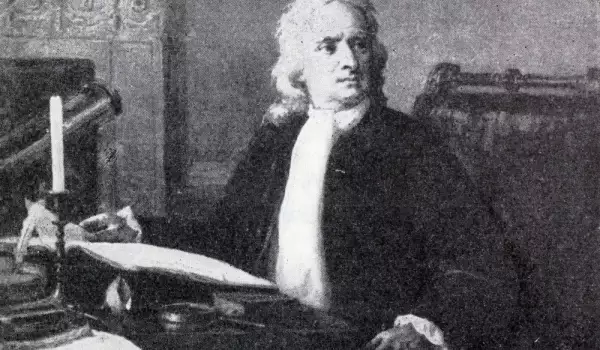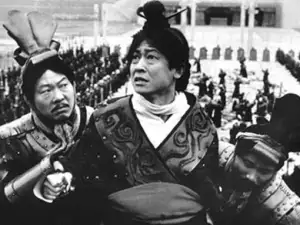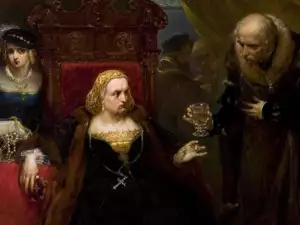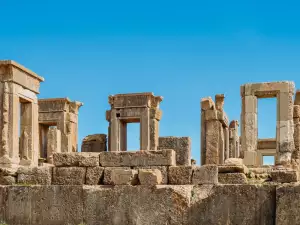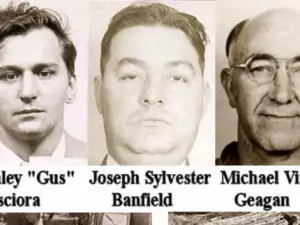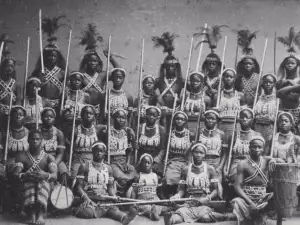History is abundant with scientists and politicians competing for the top with rivals just as prepared as they. Rivalries have often resulted in threats, espionage and even serious outburts of violence.
Bone Wars
During the 19th century, paleontologists Edward Cope and Othniel Marsh began digging in search of a new species of dinosaur. The 2 scientists began their expedition as friends but a rift grew between them with the discovery of fossils in 1860.
There are accounts that Marsh bribed workers from Cope's team to bring him the bones discovered by his rival. This rivalry between the 2 paleontologists set off what history has called the "Bone Wars" which continued for 2 decades.
Spies were hired, excavation sites were sabotaged, discoveries were destroyed and ultimately the war brought financial ruin to both Marsh and Cope.
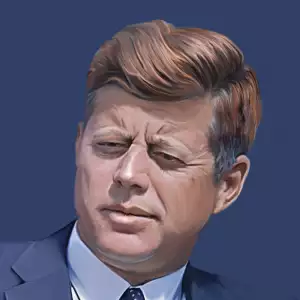
The Struggle for Power
The hatred between political titans Robert F. Kennedy and Lyndon B. Johnson started in 1960, when president John F. Kennedy named Johnson his vice president. His younger brother, Robert, was enraged and pressured Johnson to give up the post face-to-face. But Johnson refused.
The intolerance between them was evident only in their inner circles up until the assassination of JFK in 1963. That was when the real war for the presidential seat heated up between Johnson and Robert Kennedy.
In the end, LBJ was chosen as the new American president and his term continued until 1969. But his years as president were marked by his severe rivalry with Robert Kennedy, who never stopped criticizing him, both in front of the Senate and in front of soldiers in Vietnam.
War of the Brushes
The painters Caravaggio and Giovanni Baglione also led one of the most famous historical rivalries, starting in the year 1600. Their feud began after Baglione started painting chiaroscuros similar to Caravaggio's famous painting Amor Vincit Omnia.
Caravaggio accused him of plagiarism and in response drew a caricature with Giovanni Baglione's face on the Devil's body. But this wasn't enough for the painter and he began propagating a series of comic poems in which he spoke of how he used Baglione's paintings as toilet paper.
Offended, Baglione sued and was able to put Caravaggio in jail for several days. After Caravaggio's death, his rival wrote a book explaining that he had died as miserably as he had lived.
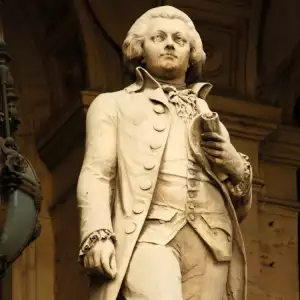
The Talented Composer and the Great Genius
Another of the most emblematic rivalries was between the talented composer Antonio Salieri and the musical genius at the time - Wolfgang Amadeus Mozart. Even though Salieri's gift was undisputed, it remained far behind the never-before-seen talent of Mozart, and this according to some sources bred a serious envy on part of the Italian composer.
Other theories even claim that Salieri poisoned Mozart, while others say the story of their rivalry is highly overexaggerated.
One of the notebooks kept by Beethoven, who because of his deafness could only communicate with his friends by writing, contained the following: Salieri feels horrible once again. His sanity has really gotten cloudy. He won't stop talking about how he's responsible for Mozart's death, that he gave him poison.
However, the contemporaries of the 2 composers deny this to be true, pointing to the legends surrounding Mozart's death as unverified rumors.
The Battle for Light and Gravity
The biggest rivalry in physics began with Isaac Newton's work on light and colors. After he presented it publicly, another leading physicist - Robert Hooke, wrote a scathing criticism of Newton's theory, earning his fury.
Insults flew back and forth, with Newton then pulling away and proclaiming that he would never again publish his works. The physicist's interest in publications was reignited by Edmond Halley, who offered to find mathematical proof of gravity.
The idea that an invisible force was pulling objects toward planets' orbits belonged to Robert Hooke but he was unable to use mathematical principles to prove it. Newton took up the idea and through math managed to come up with the theory of gravitation.
In the book he wrote about his discovery he didn't even mention Robert Hooke, who never creased to claim that it was he, and not Newton, who first discovered gravity.
